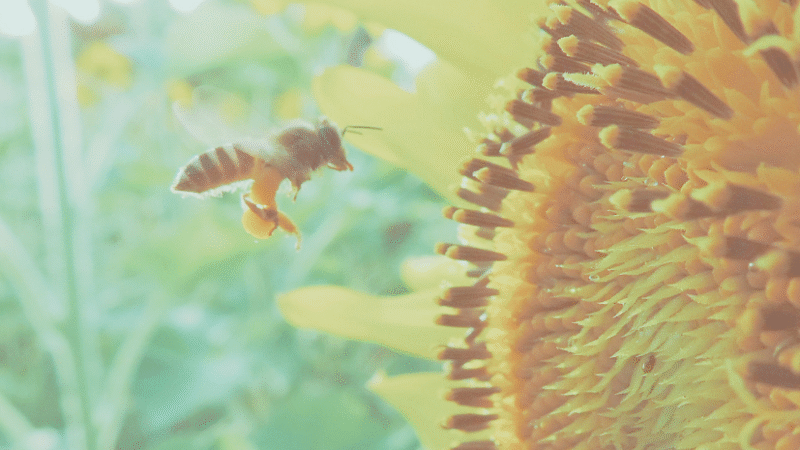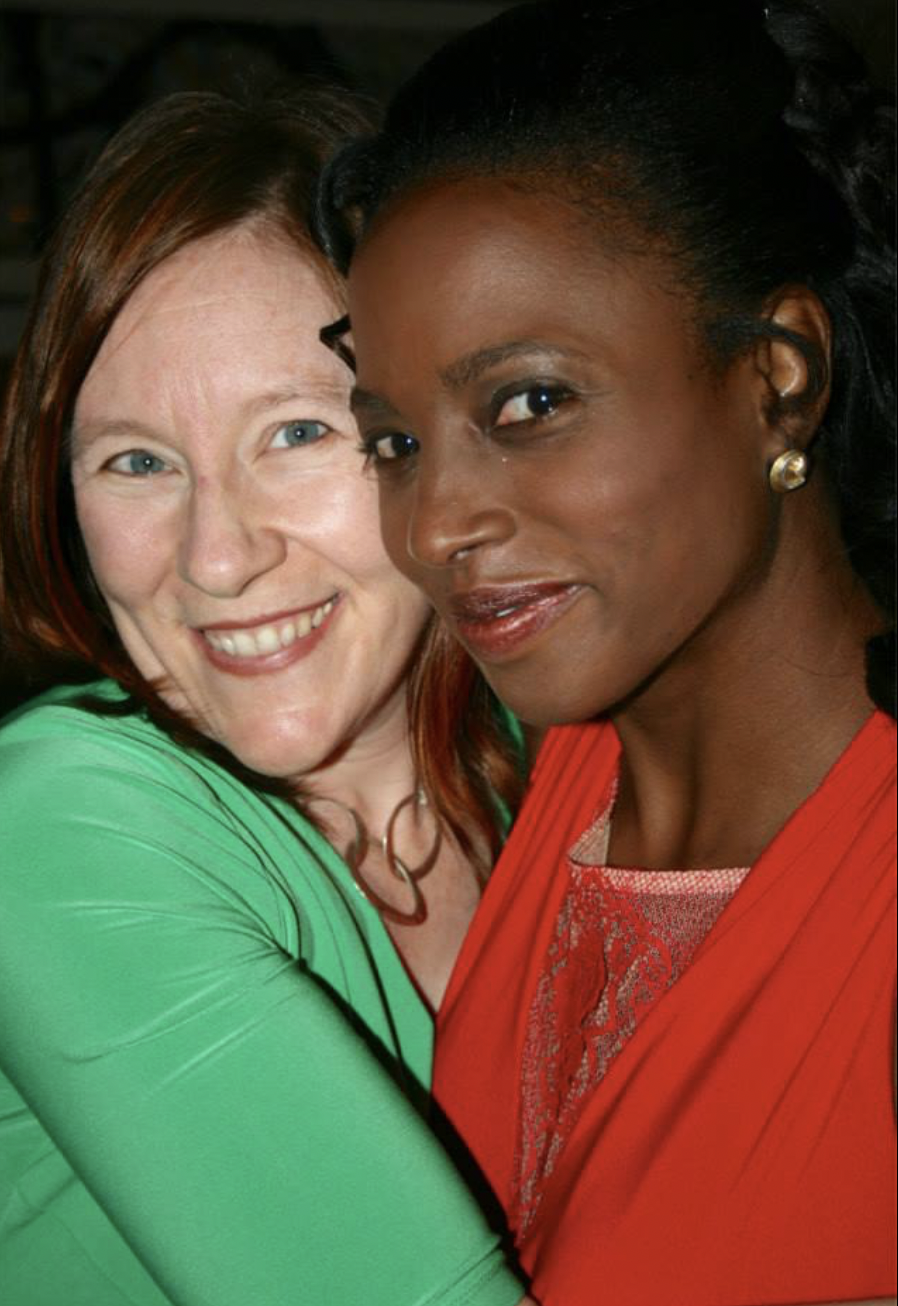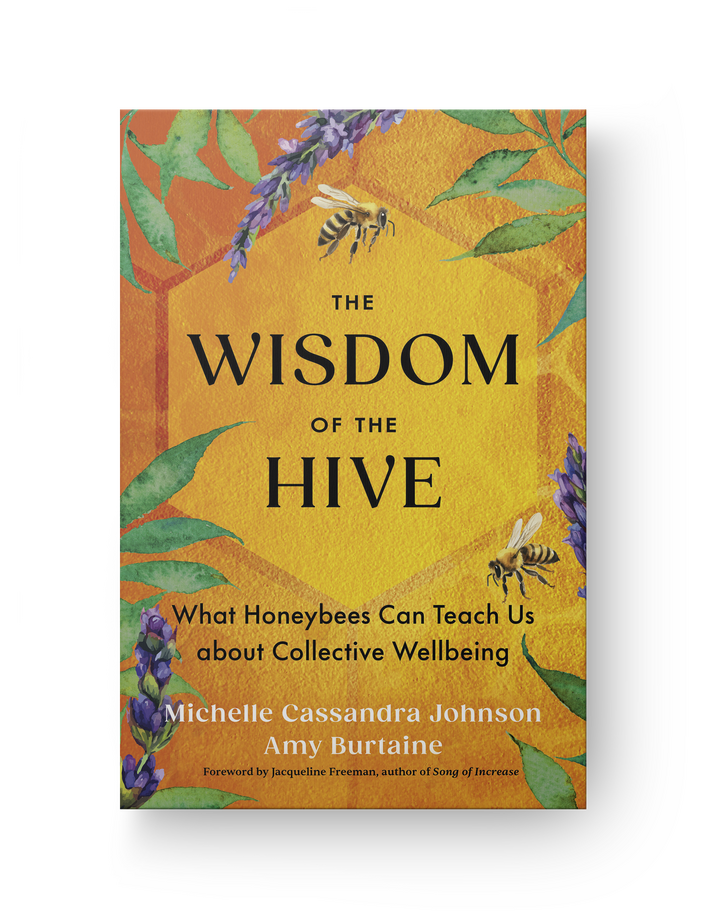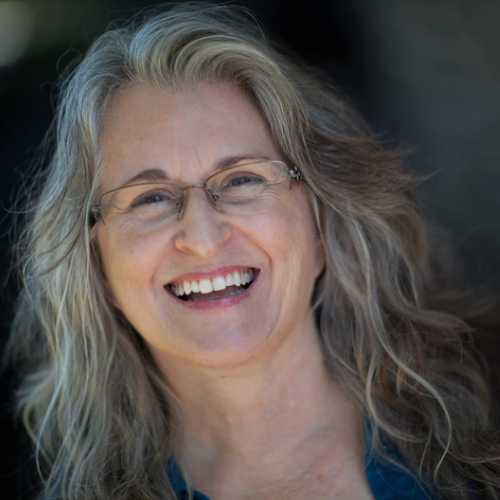
Are you interested in studying loving kindness more in-depth? Check out Jack Kornfield and Tara Brach’s The Power of Awareness, a 7-week mindfulness training and community mentoring program beginning February 18, 2020. Can’t wait? Take advantage of the free video teachings.
“A little kingdom I possess, where thoughts and feelings dwell; and very hard the task I find of governing it well.”
—Louisa May Alcott
In his video Seeing the Goodness, Jack Kornfield refers to the practice of loving kindness as “seeing the original innocence, dignity, and beauty of another.”
At first glance, this might sound like a simple thing to do. But what makes loving kindness (also known as lovingkindness) a practice rather than a feeling?
I believe we all have the capacity to embrace loving kindness in our daily lives. Of course, that doesn’t mean it’s an easy task. When I sat down to do one of Jack Kornfield’s loving kindness meditations (find it here), I found it surprisingly difficult. Cross-legged on the carpet, I pushed my headphones into my ears and listened carefully to every word—until I couldn’t anymore, and I turned it off.
For the rest of the day, I wondered, why? I think of myself as a kind person. Plus, I meditate fairly regularly. So what was it about this practice I found so difficult?
I ruminated and ruminated. Finally, as I lay in bed drifting off to sleep the other night, the answer came to me at once. My whole life, I’ve been doing it backward—extending love to others and then, only at the end, if there was space left, extending it out to myself. And there isn’t always space left.
WHAT IS LOVING KINDNESS?

Loving kindness is not just about empathy, presence, and listening in regards to others. It is part of the difficult inner work we all face. This is the work of finding self-forgiveness, releasing shame and guilt, and loving ourselves for exactly who we are. Loving kindness is kind of like looking at ourselves and expressing love—then letting that love reverberate, like two mirrors reflecting one another into infinity.
“Everything has beauty, but not everyone sees it.”
—Confucius
It’s a practice of recognizing our own inner beauty and watching it manifest as love and healthy attachment in our relationships. It’s about embracing compassion as a state of enlightenment, as the highest nature of ourselves and the true nature of God. It’s about seeing beyond guilt and shame to the fundamental, universal innocence of all beings.
The origins of the word innocent are various. They are even more fascinating when taken together. In the 12th century, the word inocent (Old French) meant simply “harmless; not guilty; pure.” The prefix, in, meaning not or un-, is attached to the suffix nocere (Latin), meaning “to harm.” Nocere itself originated from the root nek-, meaning “death.” In that regard, we can read innocence as meaning not harmful or not deathful; not yielding death. Infinite.
GENTLE HABITS FOR CULTIVATING LOVING KINDNESS
 I don’t think I’m alone in finding it easier to extend compassion to others than to myself. And I don’t think I’m alone in experiencing repeated bouts of resentment and sadness toward people I love—probably partly from expecting to receive my self-worth from them.
I don’t think I’m alone in finding it easier to extend compassion to others than to myself. And I don’t think I’m alone in experiencing repeated bouts of resentment and sadness toward people I love—probably partly from expecting to receive my self-worth from them.
So, how do you get started on something that seems so simple, but isn’t?
Here are three small, but profound, ways to gently maintain a lovingkindness practice.
GROUNDING
What helps you relax? Write down a list of things that help you feel calm, creative and focused. Maybe you feel better after a long shower or bath. I know people who absolutely love puzzling, coloring and Sodoku for this. It can be talking to a good friend, taking a walk, spending some time in nature, or curling up with a good book, watching television, meditating, or yoga. The list can be as long as you want!
As you practice loving kindness, begin to recognize whenever you feel uprooted: instead of compassionate, you might feel irritated, resentful, or bitter. You might feel afraid instead of loving. You might feel defensive instead of communicative. Hold these grounding practices close to your heart and use them whenever needed. They are for you.
SELF-COMPASSION
Jack Kornfield writes in A Path with Heart: A Guide Through the Perils and Promises of Spiritual Life, “Much of spiritual life is self-acceptance, maybe all of it.” One of the things that’s hard about lovingkindness, I think, is that it’s possible to feel loving of others while quietly holding onto self-doubt. Whether it’s daily, weekly, or multiple times a day, make a plan for checking in with yourself: How are those inner voices speaking to you right now?
Once you do this enough, it becomes a habit, maybe even automatic. You can get to know these voices, and they can get to know you. They will learn what can and cannot be tolerated and that you value being treated gently, just as you wish to treat others. It is a vital first step on the path toward loving kindness—one that, for many, is the most difficult, but affects our spiritual practice from every direction.
GRATITUDE
Gratitude is like an orb of everything you want from loving kindness. It is a way to thank yourself, others, and the Universe all at once. The closest to real peace I’ve ever felt was in a moment of gratitude. I felt suspended in the air.
In a grateful space of consciousness, it is much easier to have compassion for others. We can see further into different perspectives. We can have mercy on ourselves. Gratitude is not about removing boundaries, but about understanding this moment as an irreplaceable one. It’s about comprehending that each person is infinitely unique, including you.
ABOUT JACK KORNFIELD

Jack Kornfield, PhD, trained as a Buddhist monk in Thailand, Burma, and India and has taught worldwide since 1974. He is one of the key teachers to introduce Buddhist mindfulness practices to the West. He holds a PhD in clinical psychology and is the co-founder of the Insight Meditation Society and of Spirit Rock Center in Woodacre, California. He has written more than a dozen books including The Wise Heart; A Path With Heart; After the Ecstasy, the Laundry; and more.
ABOUT THE AUTHOR
When she isn’t writing, playing music or teaching, Dani Ferrara blogs at Sounds True and researches the alchemy of healing. Explore her art at daniferrarapoet.com.
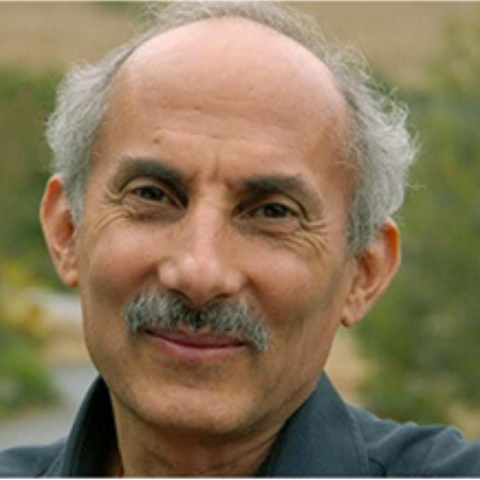








 I don’t think I’m alone in finding it easier to extend compassion to others than to myself. And I don’t think I’m alone in experiencing repeated bouts of resentment and sadness toward people I love—probably partly from expecting to receive my self-worth from them.
I don’t think I’m alone in finding it easier to extend compassion to others than to myself. And I don’t think I’m alone in experiencing repeated bouts of resentment and sadness toward people I love—probably partly from expecting to receive my self-worth from them.


